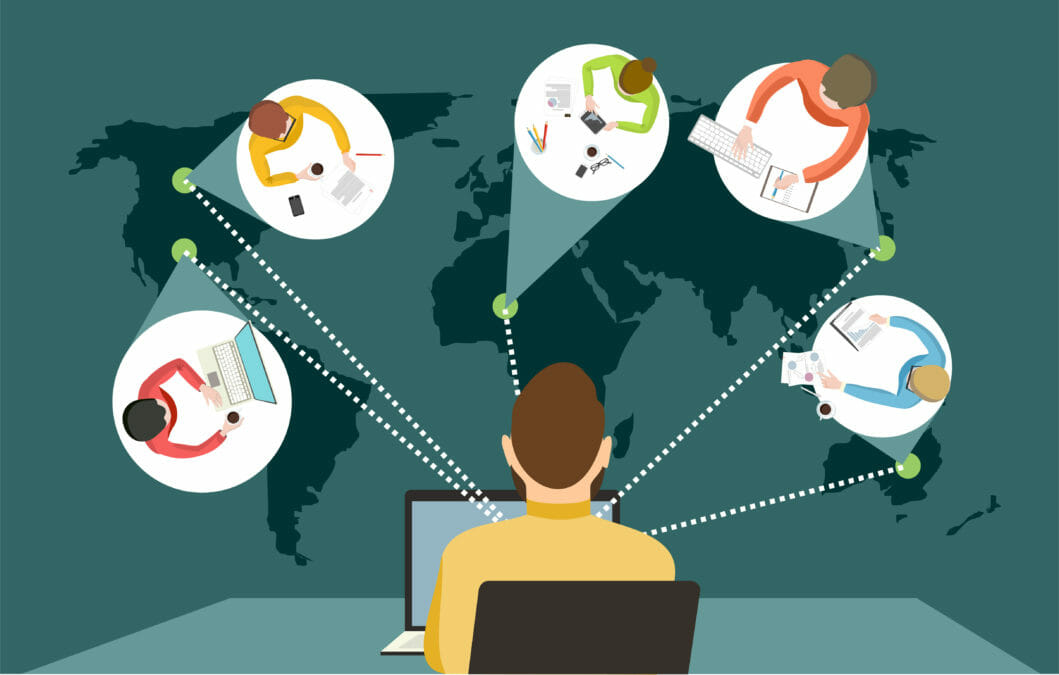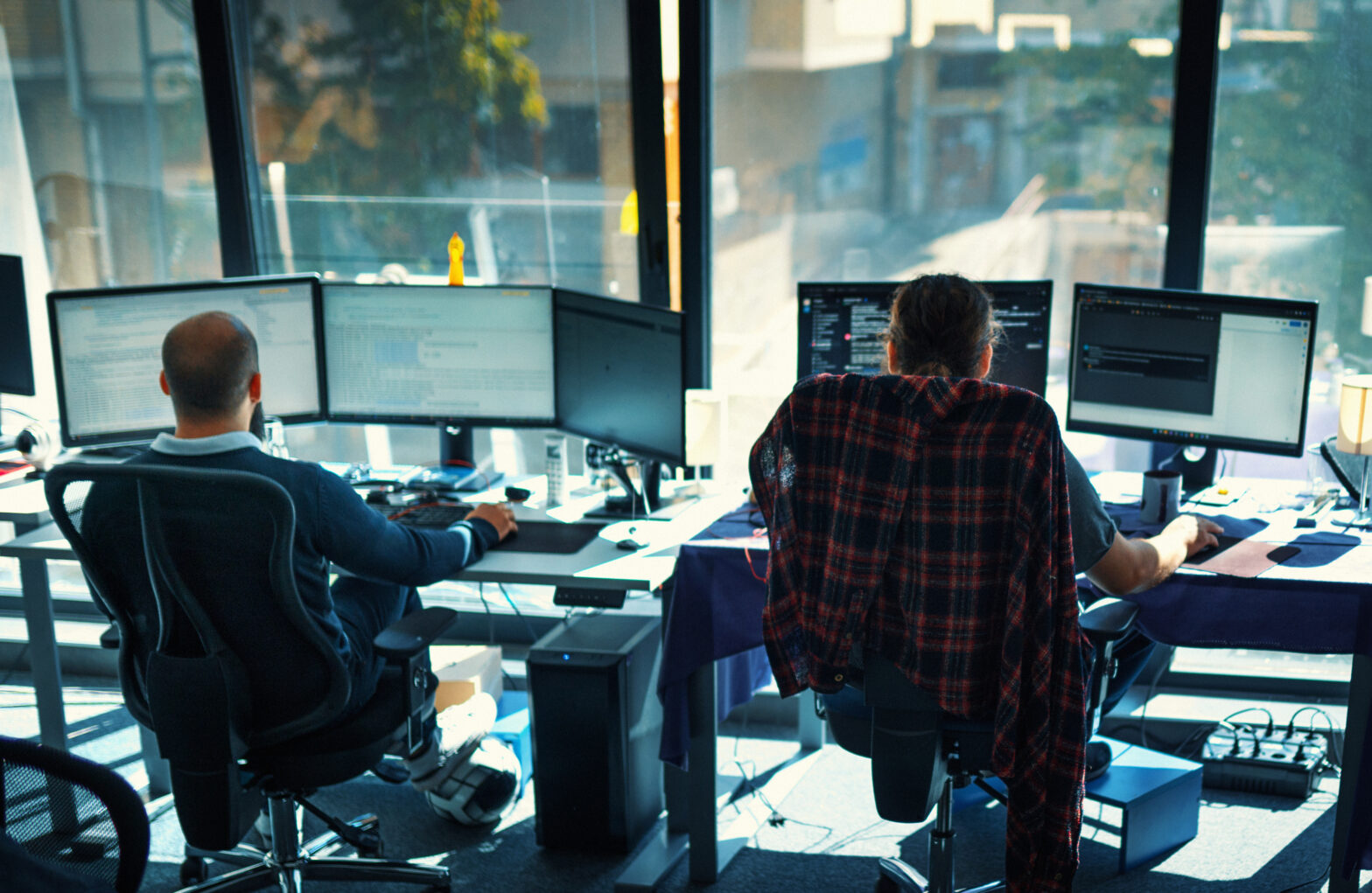The Ricoh Europe study explored how remote working has impacted engagement and company culture during the Covid-19 health crisis.
The research found that a third (31%) of European office workers struggled to feel motivated and engaged due to communication and tech problems during the pandemic, while two-thirds (65%) say they miss working with colleagues face-to-face.
Challenges brought about by remote working have also impacted stress levels; nearly a third (30%) have felt pressured by their employers to be online more while remote working, and 31% feel more stressed when working remotely due to external factors, such as family responsibilities.
Among respondents, there is a widely evident expectation for employers to support needs for personalised experiences, with 67% trusting their company will be more open to flexible working following the pandemic.
77% of workers reported that their employers have put strategies in place to ensure safe return to the office after the pandemic has passed, but just 53% of employees feel they have been regularly consulted on their feelings and concerns around creating a safe workplace.
Facilitating remote working and improving talent engagement using AI
“2020 was a year of adjustments for everyone and our collective resilience should be applauded. However, that shouldn’t stop businesses from continuing to refine and improve the working experience,” said Nicola Downing, COO at Ricoh Europe.
“The focus needs to be on bringing people together in better ways, whether they are working at home or in the office. The right technology makes collaboration and connectivity seamless, bridging the social divide.
“But in the end, few things can replicate the buzz of working in close proximity with your colleagues. That’s why making sure offices are smart and safe is vital. Consulting with employees will also go a long way to creating that all-important positive culture.”
Ricoh Europe surveyed 632 European office workers at firms with between 250 and 999 employees, asking them about their working experience during the Covid-19 pandemic.







